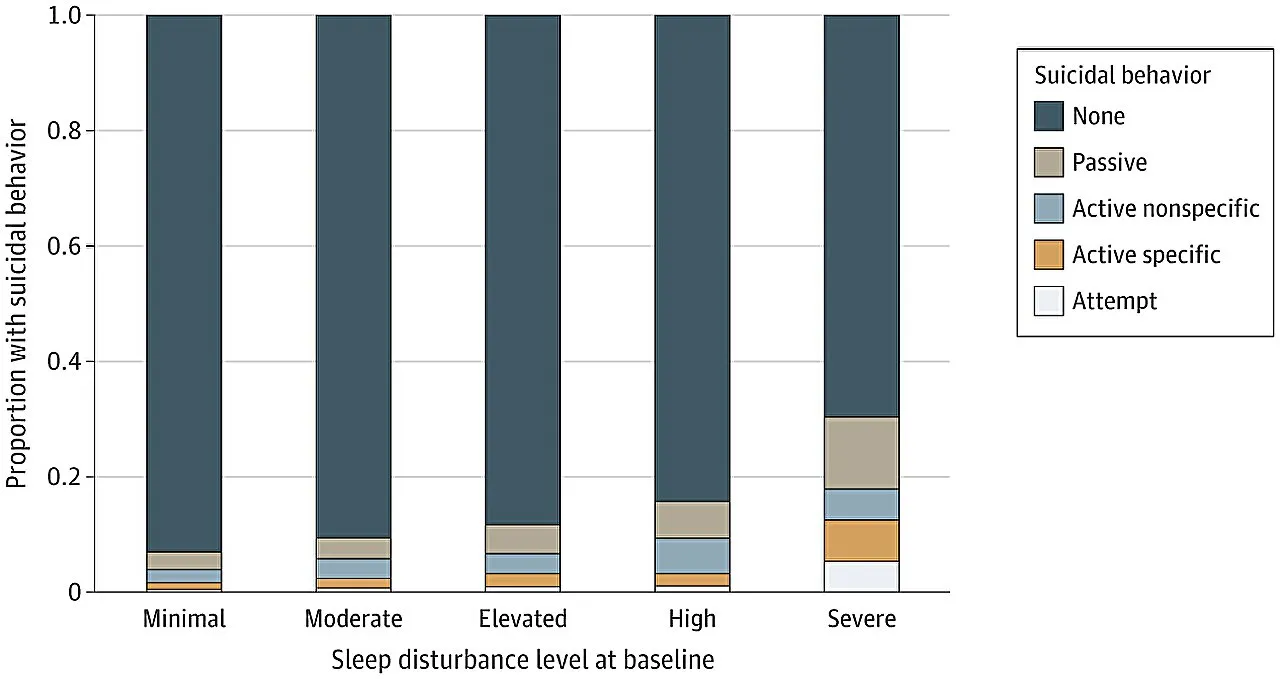Childhood Sleep Disturbance and Its Impact on Suicidal Thoughts in Adolescence

Childhood Sleep Disturbance and Suicidal Thoughts
Brought to light by a Stanford Medicine-led study, it was found that children facing significant challenges with sleep are at a greater risk of developing suicidal thoughts and behaviors as they transition into adolescence.
This startling discovery emphasizes the need for proactive measures in health science and intervention strategies aimed at improving sleep quality during formative years.
Key Findings
- Increased Risk: Children who struggle with sleep face an alarming increase in mental health risks.
- Long-term Implications: Early sleep issues could have lasting repercussions into adulthood.
For further details, please visit the source of this report.
This article was prepared using information from open sources in accordance with the principles of Ethical Policy. The editorial team is not responsible for absolute accuracy, as it relies on data from the sources referenced.